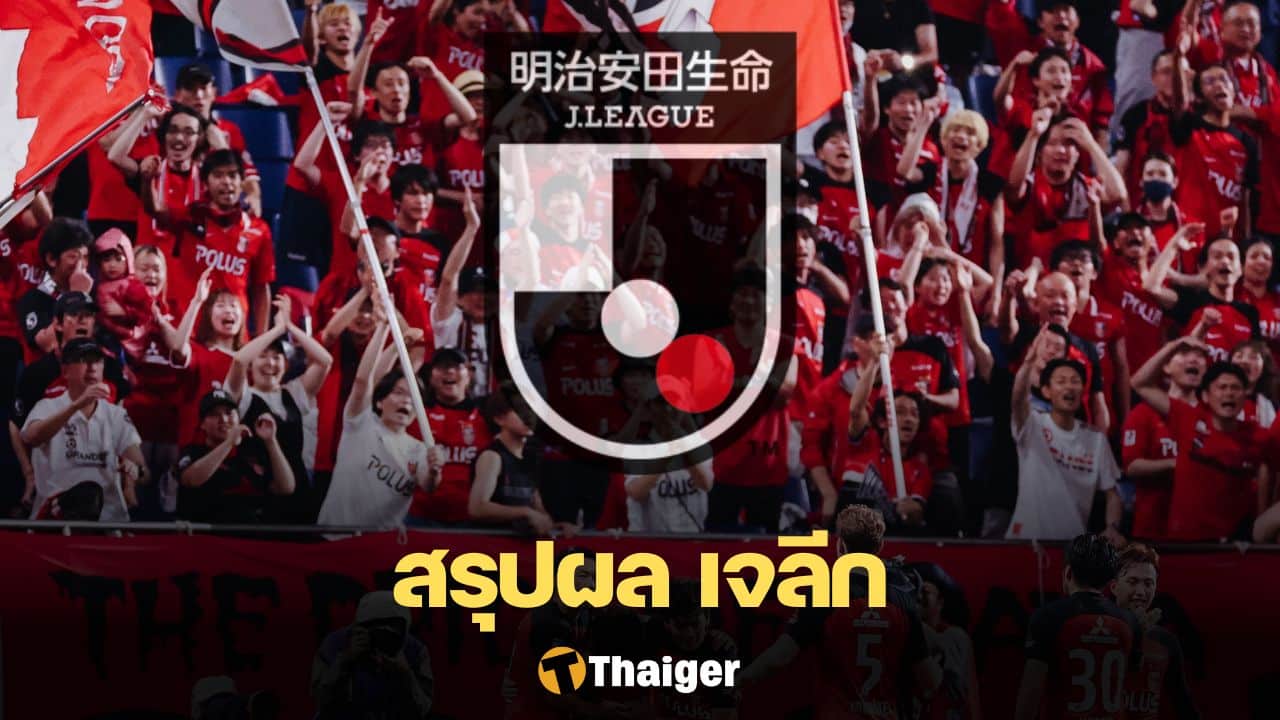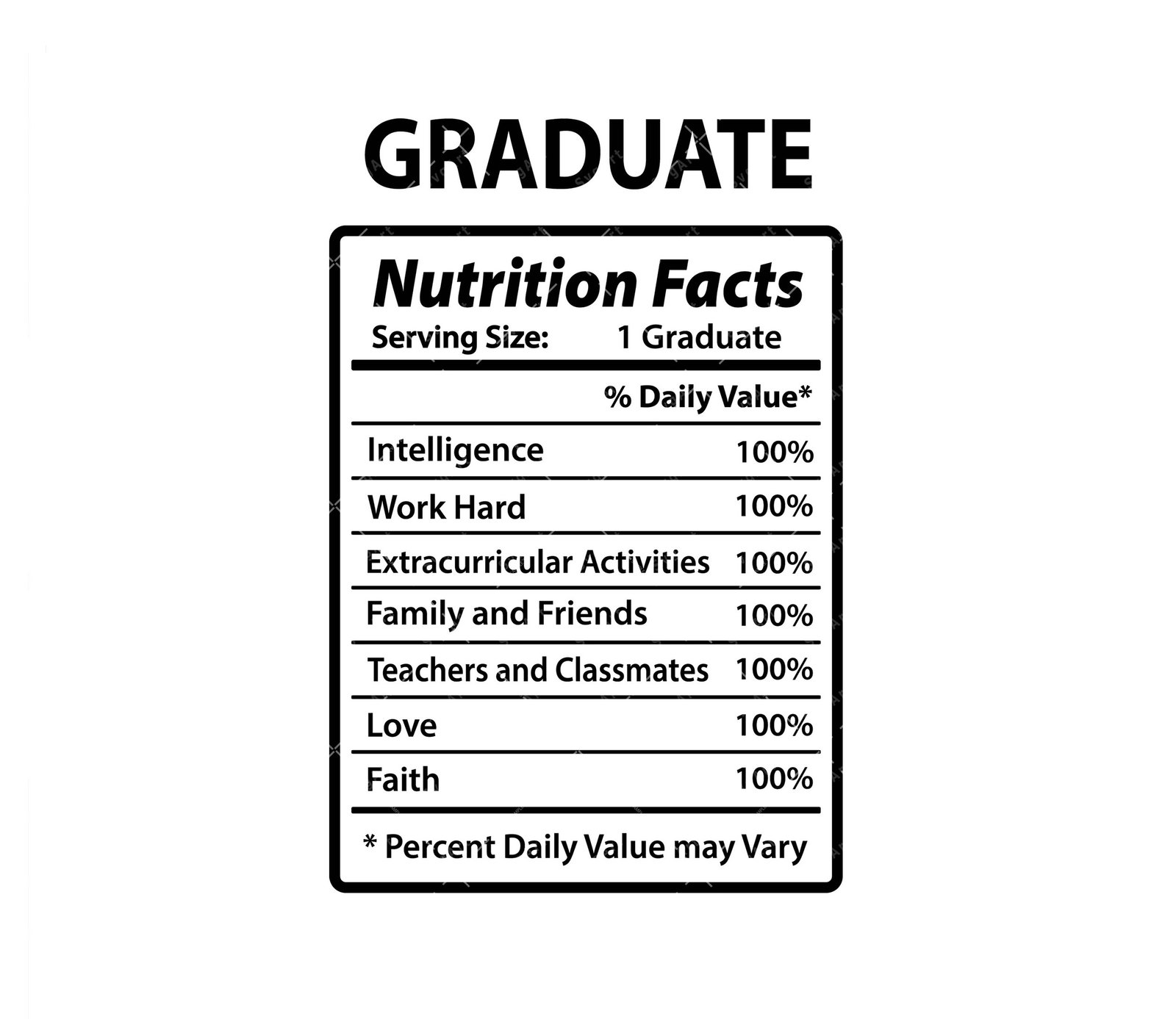
The Digital Kings of Football: Unpacking the Social Media Influence of the Game’s Biggest Stars
In an era where the lines between sport, entertainment, and personal brand have become increasingly blurred, professional footballers stand as titans not just on the pitch, but across the vast digital landscape of social media. What began as platforms for casual connection has evolved into powerful arenas for influence, marketing, and direct fan engagement, transforming athletes into global icons with followings that rival, and often surpass, those of traditional celebrities, politicians, and even entire nations.
The sheer scale of their digital footprint is staggering. Millions, hundreds of millions, and in some cases, over half a billion followers hang on every post, like every photo, and share every video. This article delves into the phenomenon of footballers’ social media dominance, exploring who these digital kings are, why their influence is so profound, the commercial ecosystem they inhabit, and the challenges and responsibilities that come with such unparalleled reach.
The Undisputed Monarchs of the Digital Pitch
At the pinnacle of this digital empire stand a select few, whose names resonate globally far beyond the confines of football stadiums. Their consistent brilliance on the field combined with shrewd brand management off it has cemented their status as social media behemoths.
Cristiano Ronaldo: The Global Phenomenon
There is no discussion about social media influence in football without first acknowledging Cristiano Ronaldo. The Portuguese superstar is not merely a footballer; he is a global enterprise, and his social media presence is the crown jewel of his empire. With an astonishing combined following across Instagram, Facebook, and Twitter (now X) that surpasses 850 million, Ronaldo is arguably the most followed individual on Earth.
His content strategy is a masterclass in personal branding. It’s a meticulously curated blend of professional excellence (training montages, match highlights, celebratory moments), personal glimpses (family life with Georgina Rodríguez and his children), and a constant stream of high-profile endorsements (Nike, Clear, Binance, and numerous others). Ronaldo leverages his physique, discipline, and winning mentality to project an image of peak performance and aspirational lifestyle. His posts generate immense engagement, making him a walking, talking, and posting billboard that offers unparalleled reach for brands. His move to Al Nassr in Saudi Arabia further amplified his global appeal, drawing millions of new followers from a region hungry for footballing stardom.
Lionel Messi: The Artistic Genius and Quiet Conqueror
While Ronaldo’s digital presence is a roaring inferno, Lionel Messi’s is a quietly expanding universe, equally vast and profoundly influential. The Argentine maestro, often considered the greatest footballer of all time, boasts a combined social media following exceeding 600 million. His approach to social media is often perceived as more authentic and less overtly commercial than Ronaldo’s, reflecting his humble off-pitch persona.
Messi’s posts typically feature moments from matches, training, and more intimate family photos. His content resonates deeply with fans who admire his unparalleled skill and down-to-earth demeanor. The emotional outpouring following Argentina’s 2022 World Cup victory saw his Instagram posts shatter records for likes. His high-profile transfer to Inter Miami in Major League Soccer (MLS) also triggered an unprecedented surge in follower counts, not just for him but for the club and the league itself, demonstrating his immense power to shift cultural narratives and audience attention. Messi’s influence is a testament to the fact that genuine connection and unparalleled talent can generate monumental digital power without constant self-promotion.
Neymar Jr.: The Entertainer and Trendsetter
Rounding out the top three is Brazil’s flamboyant forward, Neymar Jr. With a combined following exceeding 400 million, Neymar’s digital presence mirrors his on-pitch style: exciting, unpredictable, and always captivating. His appeal is particularly strong in Latin America, where his flair and personality resonate deeply.
Neymar’s social media content is a vibrant mix of football action, fashion statements, music interests, and glimpses into his often luxurious lifestyle. He is adept at leveraging trends, engaging with fellow celebrities, and showcasing his unique charisma. Despite injuries and controversies, his digital numbers continue to soar, proving that his personal brand, built on entertainment and a distinctive persona, transcends mere footballing performance. He embodies the modern athlete who is as much a cultural icon as a sporting one.
The Rising Tides and Enduring Legends
Beyond the top three, a constellation of other footballers commands immense digital attention, representing both the future of the game and its enduring legacy.
Kylian Mbappé: The Future Face of Football’s Digital Landscape
As the heir apparent to Messi and Ronaldo on the pitch, Kylian Mbappé is rapidly building a formidable digital empire. The French sensation, with over 150 million followers across platforms, represents the next generation of footballing superstardom. His content is sharp, professional, and increasingly features his philanthropic efforts and fashion interests, reflecting a conscious effort to build a global brand beyond his undeniable talent.
Mohamed Salah: The Cultural Icon
Liverpool’s Egyptian King, Mohamed Salah, holds significant sway, particularly in the Middle East and Africa. With over 100 million followers, Salah’s appeal extends beyond his prolific goal-scoring. He is a symbol of hope and inspiration, and his social media often features humble family moments, training, and messages of peace and unity, resonating deeply with a vast cultural demographic.
Sergio Ramos & Marcelo: The Defensive Powerhouses with Personality
Even defenders and full-backs, traditionally less in the spotlight than forwards, have cultivated massive followings. Sergio Ramos, with his rugged style and fashion-forward persona, boasts over 120 million followers. Marcelo, known for his infectious smile and entertaining personality, also commands a significant digital presence. Their posts offer behind-the-scenes glimpses, family life, and showcase their distinctive characters, proving that influence isn’t solely tied to goals.
David Beckham: The Original Brand Master
Even in retirement, David Beckham remains a colossal figure in the digital sphere, with over 100 million followers. Beckham pioneered the concept of the footballer as a global brand, long before social media truly took off. His continued relevance stems from his fashion icon status, family life, business ventures (like Inter Miami ownership), and ambassadorial roles. He serves as a blueprint for post-playing career digital longevity.
Zlatan Ibrahimović: The Charismatic Maverick
Zlatan, with his unparalleled confidence and iconic quotes, has cultivated a unique digital persona that mirrors his larger-than-life character. His posts are often minimalistic but impactful, reflecting his "I Am Zlatan" philosophy. He remains a highly engaging figure, even into his late career and retirement, with a dedicated following of over 80 million.
The Anatomy of Digital Dominance: Why These Numbers?
The reasons behind these astronomical follower counts are multifaceted, extending far beyond mere footballing talent:
- On-Pitch Excellence: This is the foundational element. You must be an exceptional player to capture initial attention. Consistent performance at the highest level ensures continued relevance.
- Global Appeal & Club Power: Playing for globally renowned clubs (Real Madrid, Barcelona, Manchester United, PSG, Bayern Munich) instantly grants access to massive existing fan bases worldwide. International success (World Cup, Champions League) further amplifies this.
- Charisma and Personality: Fans connect with athletes who display character, whether it’s Ronaldo’s relentless drive, Messi’s humble genius, Neymar’s flair, or Zlatan’s swagger. These personalities transcend the game itself.
- Authenticity (or Perceived Authenticity): While carefully curated, posts that offer glimpses into personal lives, training routines, or family moments create a sense of intimacy and connection with fans.
- Consistent and Diverse Content: Regular updates across various formats (photos, videos, stories, reels, live sessions) keep audiences engaged. High-quality visuals are paramount.
- Language Barrier Breakdown: Visual content (goals, celebrations, training) transcends language barriers, allowing players to connect with a global audience regardless of linguistic differences.
- Commercial Savvy and Strategic Partnerships: Players and their teams actively seek and manage endorsement deals that naturally boost their visibility and follower count. Brands leverage the player’s reach, and the player gains exposure to the brand’s audience.
- Fan Engagement: While not all top players directly engage in Q&As, the sheer volume of comments and reactions on their posts creates a dynamic ecosystem of fan interaction.
The Commercial Ecosystem and Brand Building
The immense social media following of these footballers translates directly into colossal commercial value. They are not just athletes; they are powerful media channels and brand ambassadors.
- Endorsement Deals: Brands are willing to pay astronomical sums for a single post or a long-term partnership with these digital titans. A single sponsored Instagram post from Ronaldo or Messi can reportedly command upwards of $1 million, making them some of the highest-earning social media influencers globally.
- Personal Brands: Beyond traditional endorsements, players develop their own brands, launching clothing lines, fragrances, or even investing in businesses. Their social media platforms become the primary distribution channels for these ventures.
- Club and League Promotion: Players’ social media influence directly benefits their clubs and leagues. When Messi joined Inter Miami, the club’s social media followers exploded, leading to increased merchandise sales, ticket demand, and broadcasting revenue.
- From Athletes to Media Moguls: The most successful players effectively run their own media empires, controlling their narrative and monetizing their image directly, bypassing traditional media gatekeepers.
The Flip Side: Challenges and Responsibilities
While the benefits are immense, such unparalleled digital influence comes with significant challenges and responsibilities:
- Pressure and Scrutiny: Every post is scrutinized by millions, leading to immense pressure to maintain a perfect image. A single misstep can lead to widespread criticism and reputational damage.
- Privacy Concerns: The line between public and private life becomes increasingly blurred, leading to less personal space and constant media attention.
- Online Abuse and Hate Speech: High-profile players are frequently targets of online abuse, racism, and hate speech, which can take a toll on mental health.
- Managing Controversies: Any on-field or off-field controversy is amplified exponentially on social media, requiring swift and careful crisis management.
- Authenticity vs. Commercialism: Maintaining a balance between genuine connection with fans and fulfilling commercial obligations can be tricky, risking a perception of inauthenticity.
The Future Landscape
The digital pitch is constantly evolving. While Instagram and Facebook remain dominant, platforms like TikTok are rapidly gaining traction, offering new avenues for short-form video content and direct fan interaction. The future may see:
- Increased Personalization: More direct fan engagement through exclusive content, paid subscriptions, or personalized messages.
- Web3 Integration: The rise of NFTs, blockchain, and metaverse experiences could offer new ways for players to interact with and monetize their fan bases.
- AI-Driven Content: Artificial intelligence might play a larger role in content creation, optimization, and audience targeting.
- More Diverse Content Creators: As football evolves, we might see more coaches, club officials, and even dedicated fan channels gaining significant social media influence.
Conclusion
The ascendancy of footballers on social media is a defining characteristic of modern sport. From Cristiano Ronaldo’s meticulously crafted global brand to Lionel Messi’s quiet, yet profound, digital resonance, these athletes have transcended their roles as mere players to become powerful global influencers. Their immense followings are a testament to their on-pitch brilliance, compelling personalities, and strategic engagement with digital platforms.
The digital pitch is now as critical as the physical one, shaping narratives, driving commercial value, and forging unprecedented connections between players and billions of fans worldwide. As technology continues to advance, the digital footprint of football’s biggest stars will only grow, solidifying their status not just as sporting legends, but as true kings of the digital age.



